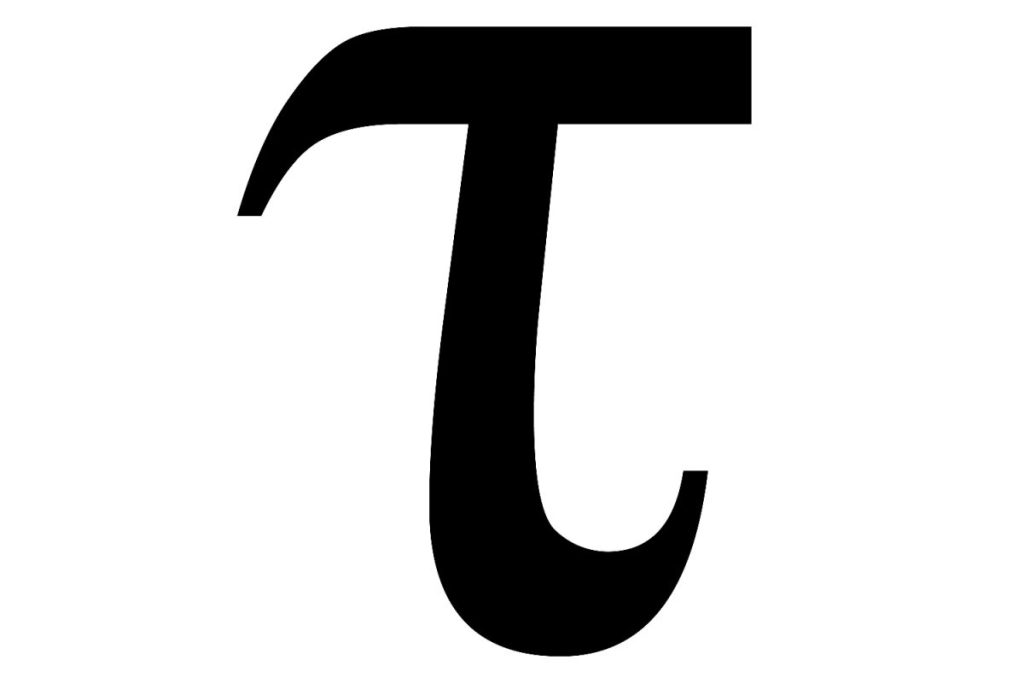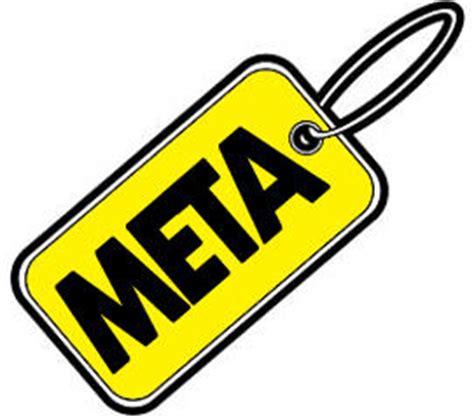

The removal of fees and bookings for the unserviced and largely unmanaged tier of campgrounds is a welcome change, I did not like it when they introduced these.
Not getting 100% of the booking charge back sounds like it should cut down on people booking when they don’t actually mean to turn up, so I’d say that’s reasonable.
I have reservations about how expensive the higher tier charges are though, even the mid tiers are getting pricey for what’s supposed to be a cheap activity.




The tier system described appears to be more based on available facilities though rather than visitor numbers, while it does mention demand in passing this isn’t quantified and the tier table shown works off facilities/servicing.
I would agree there does tend to be correlation between high demand campgrounds and highly serviced ones so you do have a point with high prices for higher tiers being necessary to some extent. I do think though that applying a state wide pricing system will end up with noticeably higher prices in a lot of places not near the major centres (or the major attractions).